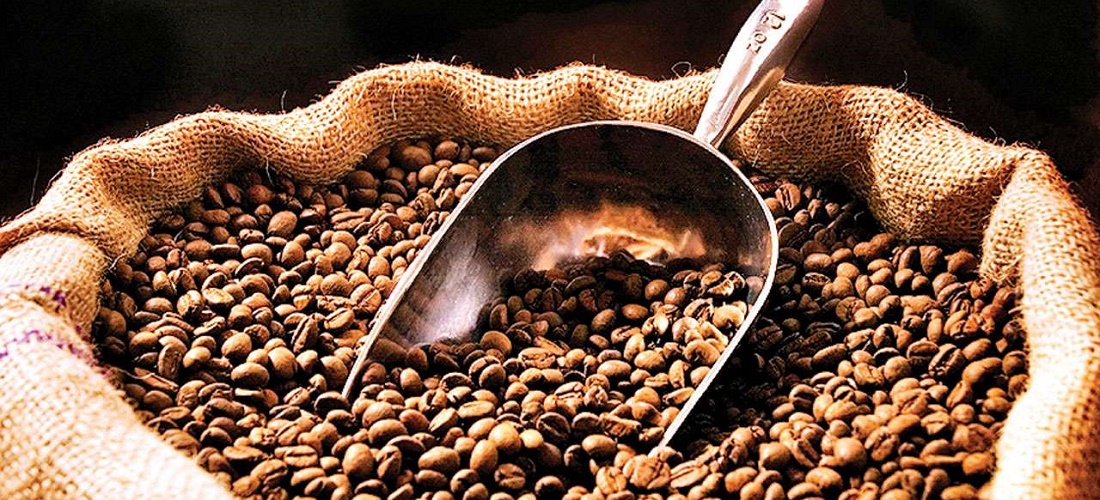
Coffee trading companies start exporting in sacks amidst containers chaos
Dec, 23, 2021 Posted by Gabriel MalheirosWeek 202149
In the coffee trading world, a vessel en route across the Atlantic Ocean has drawn a lot of attention for the use of coffee sacks.
The Eagle, a cargo ship of the “break-bulk” kind, sailed from Lampung, Sumatra, across the Mediterranean and is now bound for New Orleans.
The transport of robusta coffee sacks stacked in the ship’s hold heading to America – where roasters are out of stock – is one of the first shipments of this type in more than 20 years.
The vessel is part of a growing experiment in the coffee sector, in which producers, roasters and trading companies are looking for alternatives to overcome the global shortage of containers that has caused an unprecedented delay in shipments.
“When we saw delayed shipments, customers struggling to get their supplies on time and having their regular access to coffee, we started to consider that,” said Manish Dhawan, senior vice president of the coffee trading company, Olam International, which has chartered the Eagle.
“If you talk to some of the older trading companies, it was in the late 1980s, or maybe the early 1990s when they last did this, so it’s really a new kind of frontier for us too.”
The unstable reopening of economies during the pandemic and the expansion of online shopping created a freight dispute.
At best, coffee exporters had to pay high fees for containers when they were available. This trend further raised prices, which reached their highest level in recent decades while Brazilian production decreased.
Olam expects roasters to start using more containerless shipping in the near future. In another Eagle’s shipment, Brazilian arabica beans were recently offloaded in Bremen.
Other break-bulk vessels are also sailing from the Port of Santos, where Cooxupé, the largest arabica cooperative in the world, loaded 108 thousand coffee sacks destined to Europe in a vessel charted by a client at the begging of December, according to Lucio Dias, the company’s commercial director. The cooperative is preparing to handle two more de-containerized cargoes of coffee sacks in January.
“We held an experiment. Some customers are adjusting to this alternative as they try to solve bottlenecks,” said Dias in a telephone interview. “It’s a complex operation, though.”
Everything is more difficult when it comes to exporting bags rather than containers, from transporting them by ground as they leave the production site to receiving them at the final destination, as only a few ports have the necessary equipment to remove bags from a ship’s hold, he said.
Typically, the coffee is poured in bulk into special containers, or coffee sacks are stacked inside containers to facilitate transport by sea and rail.
Cooxupé had hoped to load its first break-bulk vessel with sacks in two days, but it took more than five days to complete the operation due to weather conditions interrupting the process. Costs were also higher than initially expected, leading the cooperative to renegotiate other shipment values with the client.
Dias expects the logistical bottlenecks to continue in the first half of 2022, as new isolation measures are being adopted by different countries in an attempt to prevent the spread of the omicron variant.
“Worldwide logistics got tangled and it will take a long time to undo this knot,” said Dias.
Not everyone will be able to adopt this type of transport, which requires a large amount of coffee and a lot of capital. But market participants are already talking about break-bulk as a way to alleviate a bottleneck that resulted in the accumulation of coffee in Vietnam, the world’s largest producer of robusta.
It could also impact prices, said Carlos Mera, head of agricultural commodities research at Rabobank.
“Vietnam and Brazil’s robusta harvests will potentially reach record levels this year, so if shipments occur on a relatively normal pace, prices could be brought down,” he said.
Source: Money Times
To read the full original article visit the link: https://www.moneytimes.com.br/tradings-de-cafe-exportam-em-sacas-em-meio-a-caos-de-conteineres/
-
Blog News (ENG)
Aug, 01, 2024
0
Brazilian fruit exports grow by 5.09% in first half of 2024
-
Other Cargo
Mar, 19, 2024
0
Argentina opens its market to Uruguayan dairy imports
-
Automotive
Dec, 18, 2018
0
Mercedes-Benz truck and bus exports soared in 2018, up 30%
-
Grains
Jun, 29, 2023
0
Brazil soy exports total 11.473 million tonnes in June

